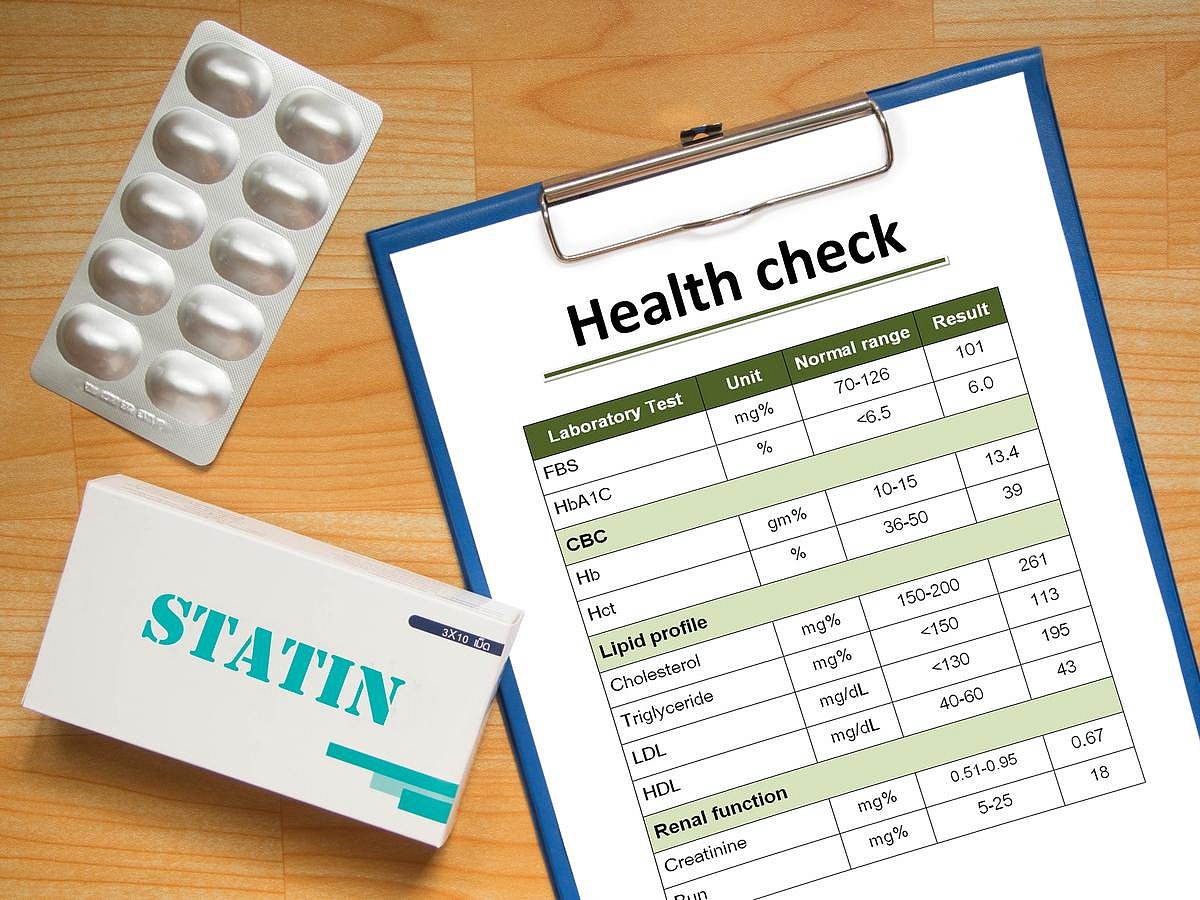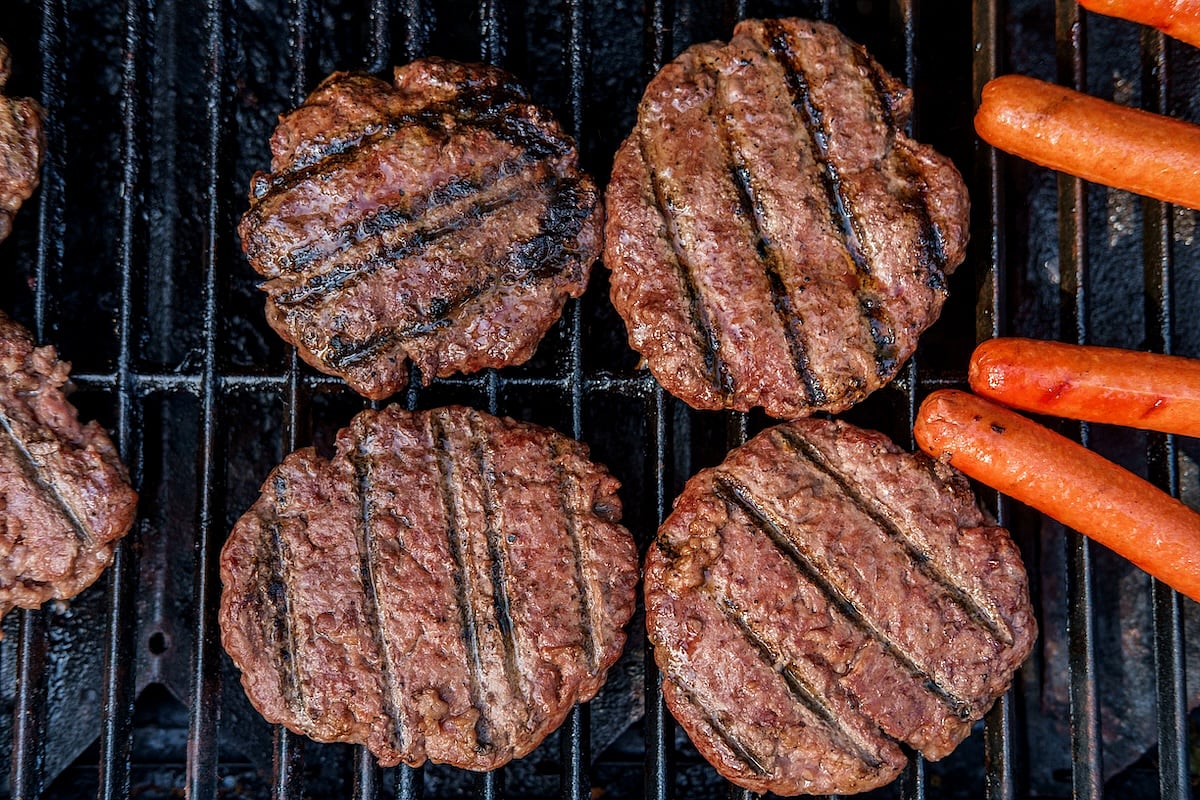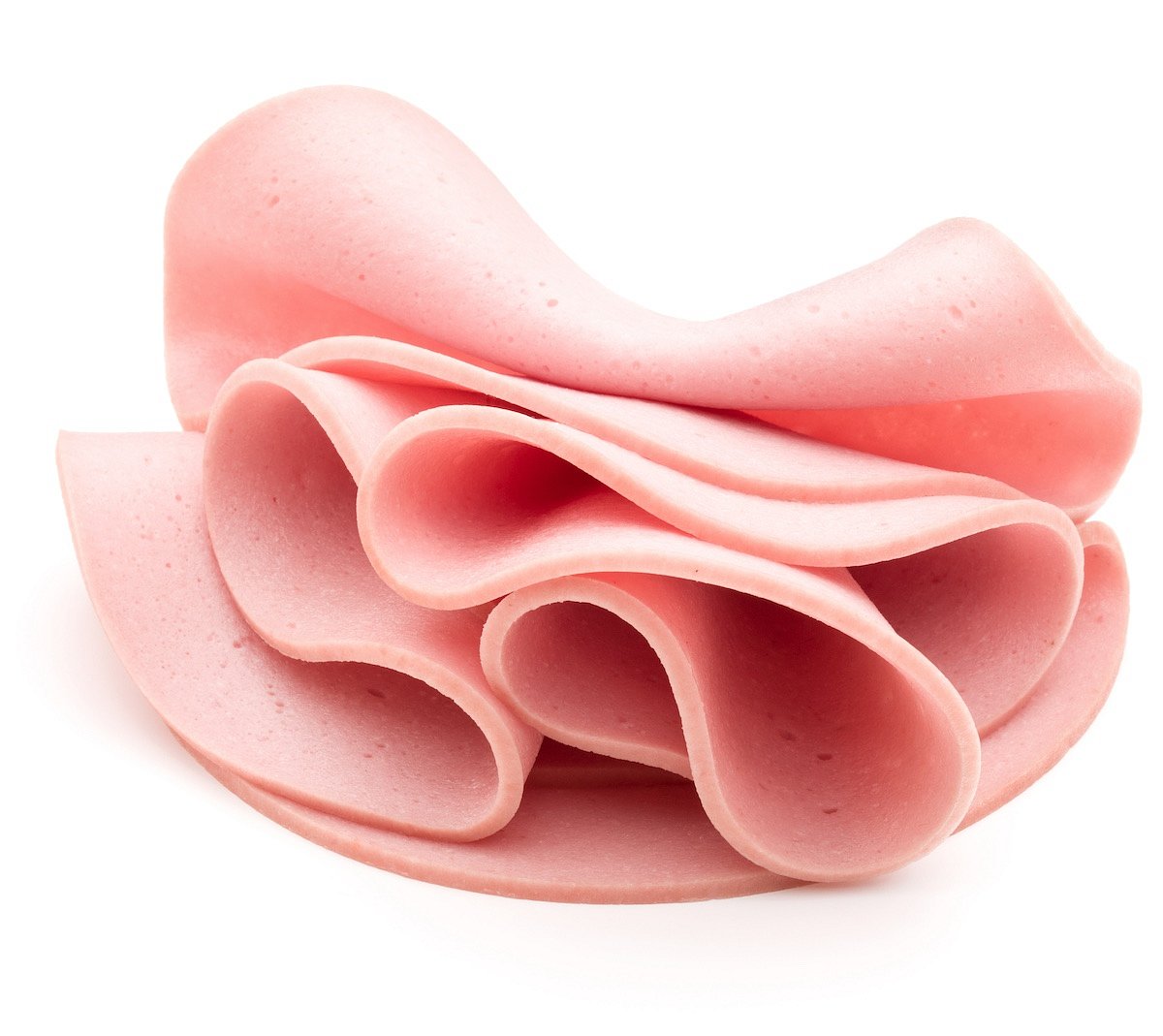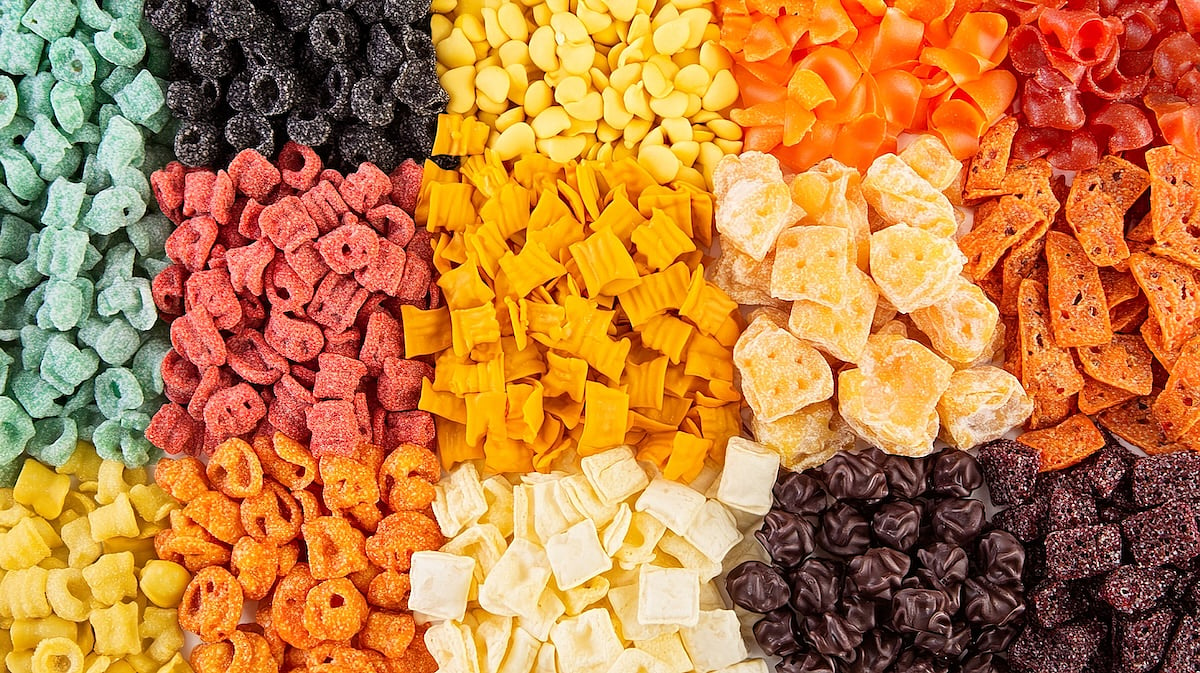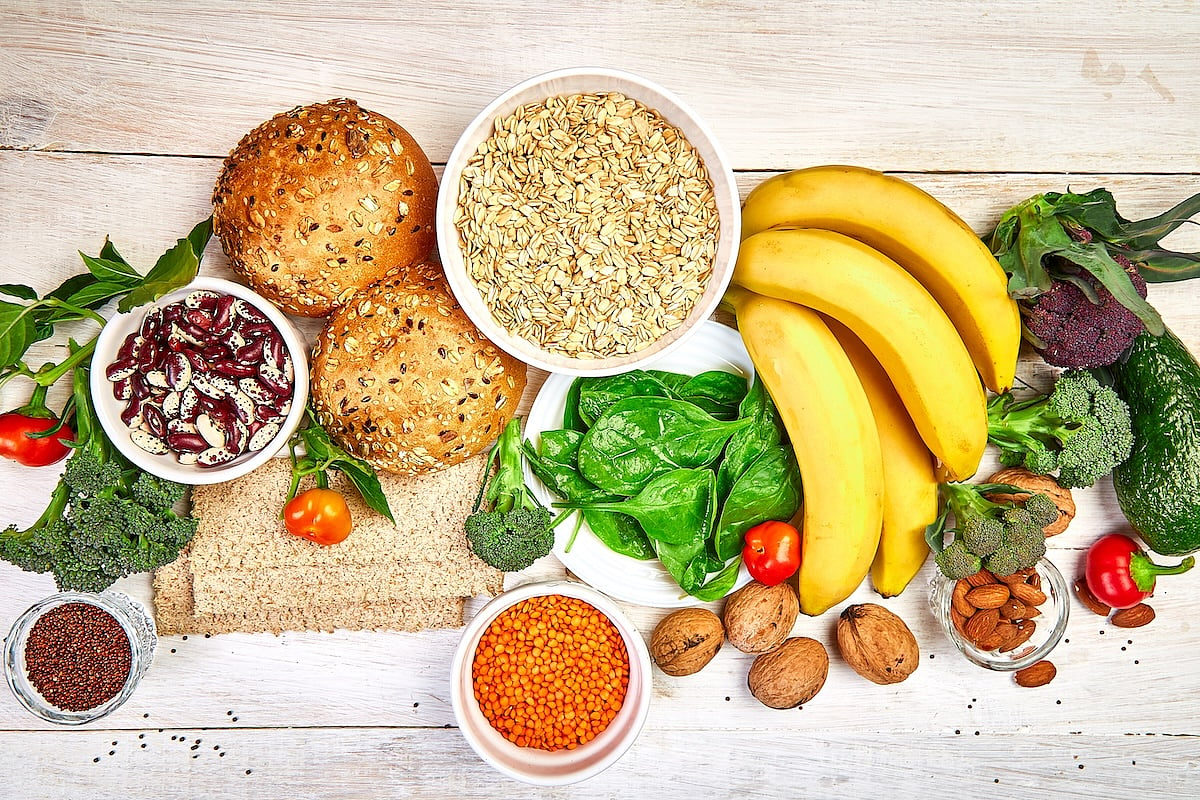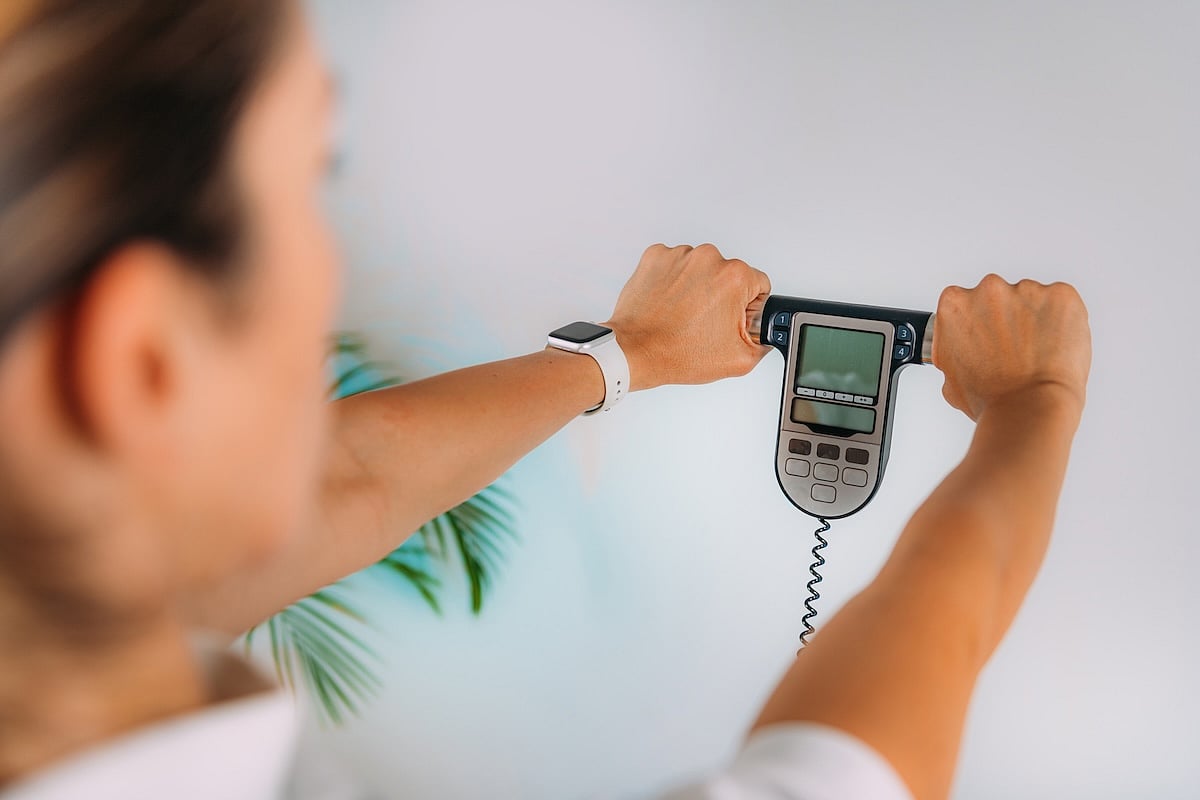
Alkaline. Electrolyte. Flavored. Walk down the beverage aisle and you’ll find all kinds of waters promising extra health perks. But are these fancy waters really better for you? Not really, Tufts University experts say. “There’s no physiological basis that there’s some metabolic benefit to these specialty waters over just regular, plain old water,” said Roger… read on > read on >











